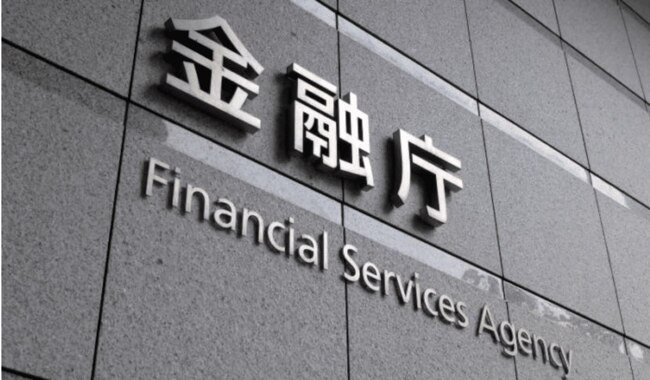Highlights:
- Japan will classify cryptocurrencies as financial products under the Financial Instruments and Exchange Act.
- The new flat tax rate on approved crypto assets will be 20%, down from 55%.
- Exchanges must disclose details about 105 crypto tokens, including risks and technology.
Japan is gearing up for a significant shift in its crypto asset regulation. The Financial Services Agency (FSA) has proposed reclassifying 105 cryptocurrencies, such as Bitcoin and Ethereum, as financial products. According to a report by Asahi Shinmun, this plan will bring them under the Financial Instruments and Exchange Act.
Currently, crypto gains are subject to taxation as miscellaneous income. Traders face tax rates of up to 55%. But once the changes are approved, these 105 approved assets are going to be taxed at a flat 20%, like stocks. The FSA is planning to present the amendment bill to the National Diet by 2026. Moreover, negotiations are already being made to push related tax changes into next year’s budget.
Japan’s Financial Services Agency (FSA) plans to reclassify 105 cryptoassets, including BTC and ETH, as “financial products” and push for a tax overhaul in fiscal year 2026—reducing the current progressive crypto tax rate of up to 55% to a flat 20% capital gains tax. The agency…
— Wu Blockchain (@WuBlockchain) November 16, 2025
Tighter Regulations and Mandatory Disclosures
Japan classifying cryptocurrencies as financial products will also see the regulator implement stricter regulations. Exchanges in Japan are required to disclose information regarding each of the 105 tokens approved. This contains the presence or absence of an issuer, the underlying technology employed, and volatility risks.
This is aimed at enhancing transparency in the crypto industry. These conditions are to make investors understand completely what assets they are purchasing. Further, the move will align digital assets to the existing financial products according to current law.
The Japan Virtual Currency Exchange Association, which regulates listed coins, already monitors listed assets. They maintain a “green list” with vetted tokens, covering BTC, ETH, MATIC, XRP, and LTC. With the new plan, though, all 105 tokens handled by domestic exchanges will be subject to the same strict standards. This will bring about uniformity in the process and promote investor confidence in the market.
Insider Trading Restrictions and Exchange Oversight
The FSA also intends to crack down on insider trading in the crypto space. New regulations will not allow individuals with privileged access to purchase or sell tokens on the basis of undisclosed information. This covers future listing, delisting, and bankruptcy announcements.
Exchanges will still be run on a registration system. However, a new notification system will be implemented among individuals managing key operational processes. Banks and insurance companies, however, will still be unable to sell cryptocurrencies to retail customers. The government consequently seeks to separate banking services and unstable crypto trading activities.
These reforms are aimed at subjecting cryptocurrencies as financial products under the law while providing fairness and transparency in trading. Moreover, the 20% tax is seen as a move towards international standards. Most nations already impose capital gains tax on digital assets. The move will enable Japan to become more competitive in its crypto policy.
As Japan moves to classify cryptocurrencies, its leading banks, MUFG, SMBC, and Mizuho, are piloting a stablecoin issuance program. Backed by the FSA, the experiment will determine the ability of the existing frameworks to facilitate regulated bank-issued stablecoins.
Japan’s Financial Services Agency has announced support for a pilot project in which MUFG, SMBC, and Mizuho will jointly issue a yen-backed stablecoin. As the first initiative under the Payment Innovation Project (PIP), the experiment aims to test the legal and operational…
— Wu Blockchain (@WuBlockchain) November 7, 2025
Best Crypto Exchange
- Over 90 top cryptos to trade
- Regulated by top-tier entities
- User-friendly trading app
- 30+ million users
eToro is a multi-asset investment platform. The value of your investments may go up or down. Your capital is at risk. Don’t invest unless you’re prepared to lose all the money you invest. This is a high-risk investment, and you should not expect to be protected if something goes wrong.






